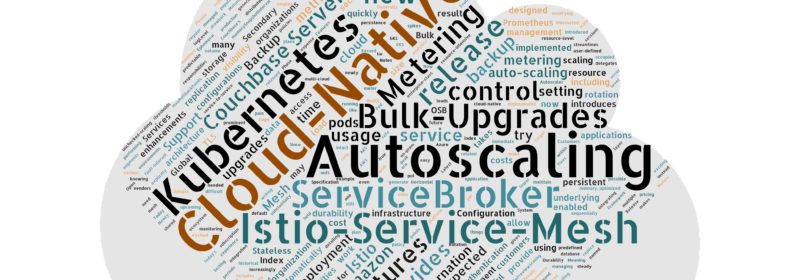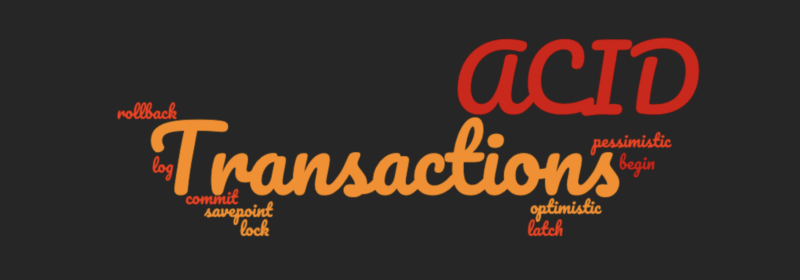Tag: couchbase

How to Take Python Input in Couchbase
Writing software is never easy. Writing software that appeals to users requires interacting with them. So do you get relevant data that you can put to use on behalf of users? Python – the most-wanted language for building software according...

2021 IT Resolutions
Any set of New Year’s resolutions should resolve to actually try and keep the resolutions. January 19th is known as “Quitter’s Day” because it takes at least 21 days to form a habit, and most people don’t make it past...

Couchbase Autonomous Operator 2.1 for Kubernetes is Now GA
At Couchbase’s global developer conference, ‘Connect.Online 2020’ held in October, we shared the essence of new features or capabilities of the upcoming Couchbase Autonomous Operator release version 2.1 through several sessions. Since then, many of you have been waiting to...

NoSQL Is Dead, Long Live NoSQL
Dynamo accelerated the NoSQL revolution that’s driving the database industry. Recently, Amazon announced PartiQL – A SQL-Compatible Query Language for their flagship NoSQL database Amazon DynamoDB. This has brought the NoSQL “re:evolution” full circle. It’s wonderful to see the collaborative research from UCSD and...

Using SDKs With Couchbase Cloud Free Trial – Tutorial Posted
Learn how to use Couchbase SDKs with the Couchbase Cloud Self-Service Free Trial In my last post I talked about the launch of the Couchbase Cloud Self-Service Free Trial Tutorial Series, in this brief post I wanted to highlight the...

Welcome to Couchbase Academy: November Update
Introducing Couchbase Academy Just a few weeks ago at our Connect Online event, we announced a new program for Couchbase Training that includes a name change and a new certification program. The official name of our training program is “Couchbase...

Couchbase’s Cost-Based Optimizer for JSON is patent pending
With NoSQL databases proving their worth over the legacy SQL approach, the next question is inevitably “how do we optimize our processes as much as possible?” Many databases have used static Rule-Based Optimization (RBO) to optimize workloads – but this...

Blockchain Technology vs. NoSQL Databases
Both NoSQL databases and modern Blockchain ledgers benefit from a set of common principles. When they are both implemented for an application a lot can be accomplished as the platforms can complement each other. What is Blockchain? Blockchain is a...

N1QL Transactions : Elastic, Scalable, and Distributed
SQL is the only 22nd-century language available for developers today. ABSTRACT In relational database systems, SQL is more than a declarative query language. It includes procedural language (T-SQL, PL/SQL, etc) and defines transactions and its semantics. SQL as a query...

N1QL Turns Five
As any parent of a five year old can attest, time flies when you’re having fun. Where did all the time go? That’s kind of how we feel with N1QL, the SQL for JSON query language. Today, thousands of developers,...

Couchbase Honors Spanish Innovators In 2020 Awards Ceremony
As the Country Manager for Couchbase Spain, along with Raúl de la Fuente my Senior Solutions Engineer, we have the privilege to work on some of the most transformative projects in some of the worlds largest companies with some of...

Health Checking a Couchbase Cluster
Most databases are configured and sized correctly based on the information available at the time of their initial launch, but they tend to become unhealthy or undersized due to organic growth of their datasets and/or changes in their workload profiles....
